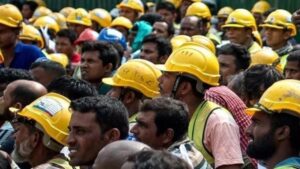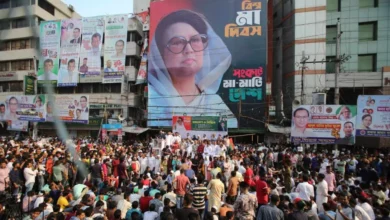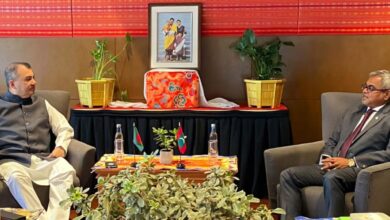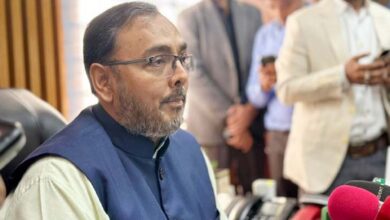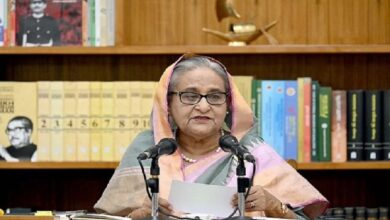96% of Bangladeshi workers going to Malaysia suffer from high debt and exploitation
Four organizations shed light on exploited migrant workers in Malaysia. A recent study conducted by Verite, Showa Consultants, Bomsa and Warbe-DF claims these facts.
The study titled ‘Fostering Fee Accountability and Cost Tracking (FFACT)’ presents findings that highlight the financial burden placed on migrant workers and workplace exploitation.
According to the survey, 96 percent of migrant workers going to Malaysia have taken out at least one loan to pay the recruitment fee, which includes passport, visa, medical checkup and travel expenses to Malaysia.
Furthermore, 82 percent of workers have taken out two or more loans, with 73 percent of workers spending 50 to 100 percent of their monthly salary on those loans.
Wage fraud was another prevalent problem identified in the study, with 43 percent of respondents reporting being paid less than promised. 63 percent of the workers surveyed said that they are very worried about paying off their debts.
The study, conducted between 2018 and 2023, analyzed 357 interviews and collected data from 240 migrant workers in Malaysia, Focus Malaysia said in a report on May 10.
According to the study, Bangladeshi migrant workers had to pay an average of 544,000 taka, which is equal to one year’s wages of a worker in foreign employment.
Samara Khan, executive director of Sheva Consultants Limited, points out the challenge of repaying migrant workers’ loans, which often have no records available informally. For this reason there is no reliable data source. However, our organization has directly spoken to the expatriate workers. Workers need at least one year’s wages to repay the loan. Malaysian companies and brands (of manufactured goods) come under the scrutiny of the new Human Rights Due Diligence Act and there is an increased demand for accurate, fair and transparent recruitment.
Meanwhile, BOMSA General Secretary Sheikh Rumana stressed the importance of a nationwide awareness campaign to make workers aware of the risks associated with third-party (intermediary) transactions and overpayments.
According to WARBE Deputy Director Shuhrawardy Hussain, the supply chain of migrant workers must be kept safe and secure. If the government stops government recruitment in Malaysia again, there will be a significant increase in human trafficking by sea, he opined.

